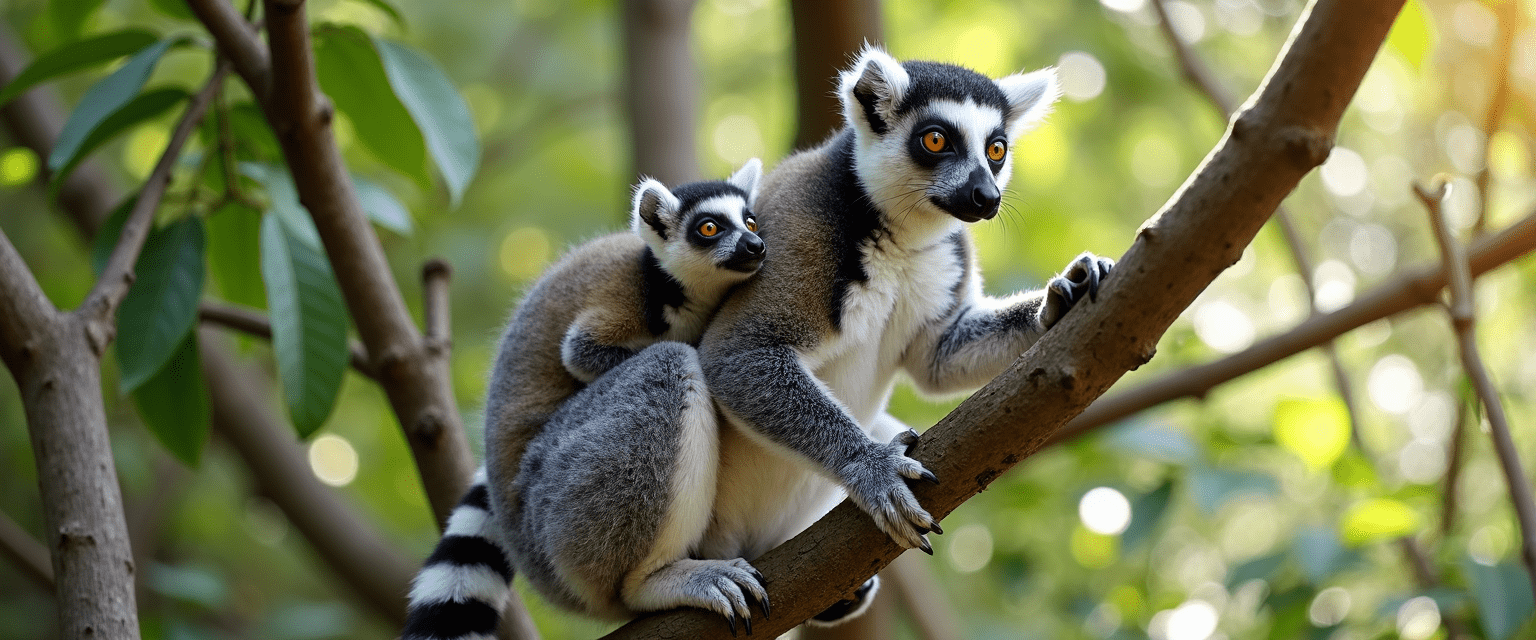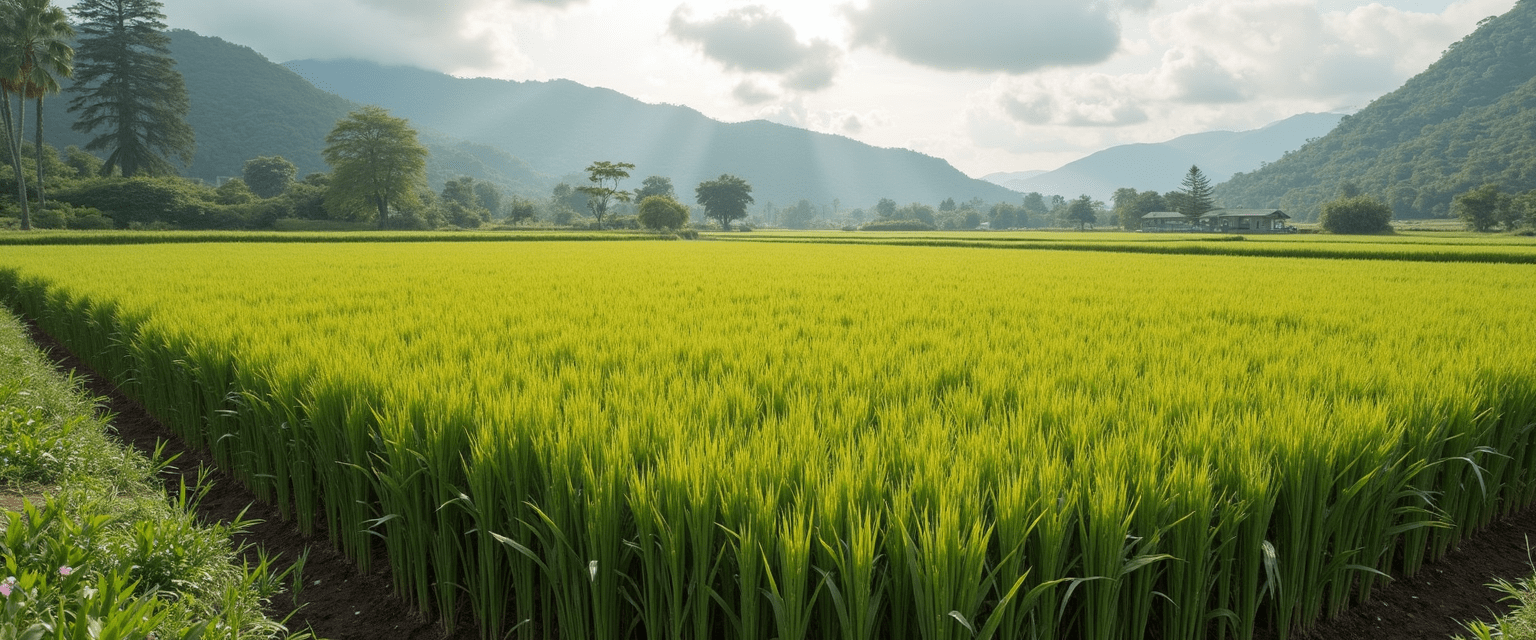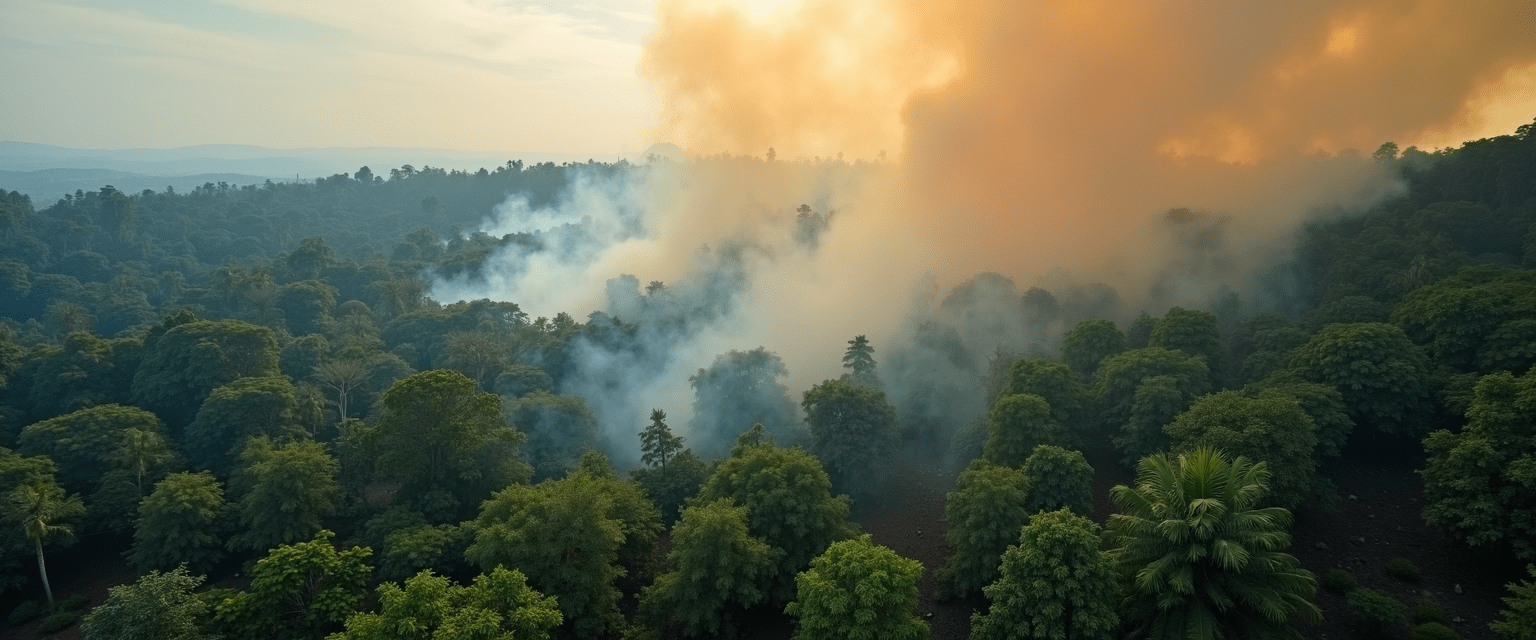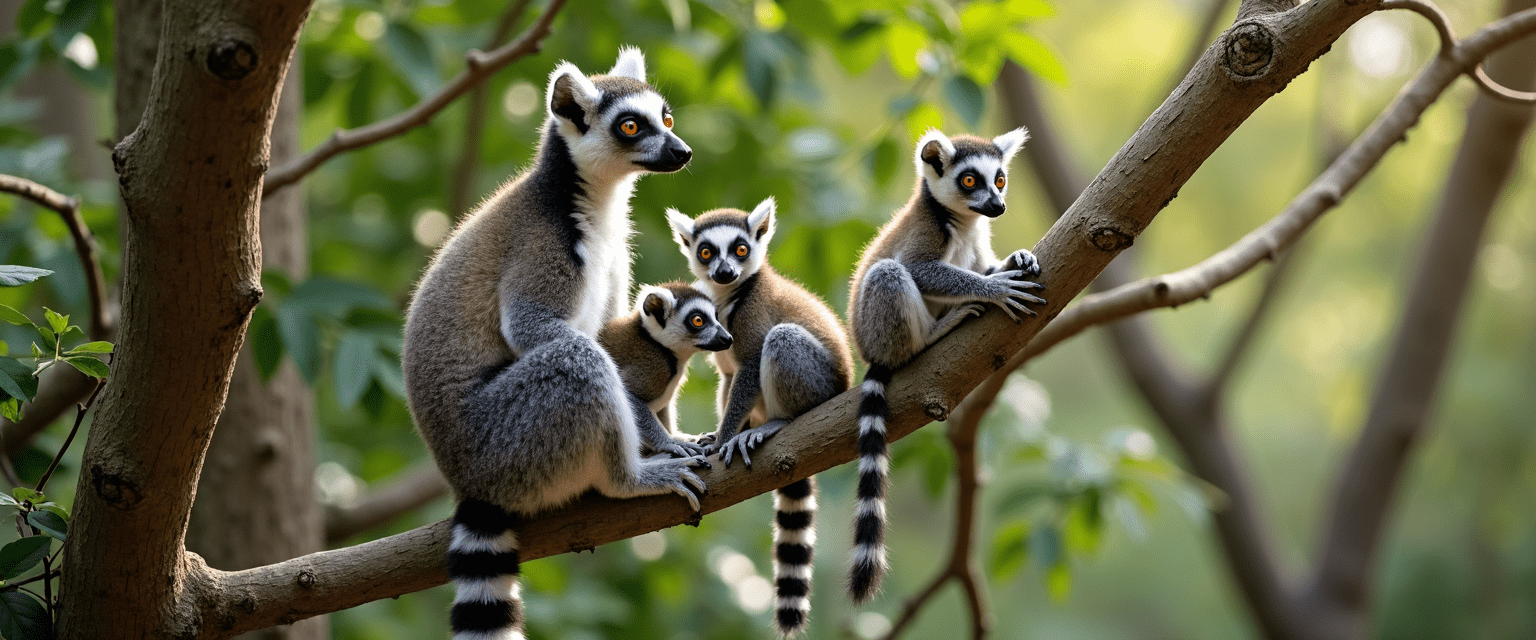Lemurs of Madagascar : treasure in danger😟
Let’s dive into a truly crucial subject: the mass extinction of lemurs in Madagascar. It’s a bit scary, isn’t it? Imagine a world without lemurs. These adorable little primates, which have become emblematic of Madagascar, would disappear. But it’s not just a question of biodiversity. Lemurs play an essential role in Madagascar’s ecosystem. By eating fruit and dispersing seeds, they help to regenerate the forests. Without them, these ecosystems could collapse. It’s a bit like removing an essential brick from a wall.
Lemurs have a symbiotic relationship with their habitat. They don’t just live in the forest; they are its natural gardeners. Their role in pollination and seed dispersal helps to maintain plant diversity. This, in turn, supports a host of other animal species that depend on the same forests. Without lemurs, some plants may not reproduce effectively, leading to a reduction in plant diversity and, consequently, animal diversity. The disappearance of the lemurs could therefore trigger a domino effect, threatening the entire Madagascar’s ecosystem.

Deforestation in Madagascar🌳
It is one of the main causes of the disappearance of lemurs. Imagine a lush forest, full of life, slowly turning into a desert. It’s a distressing sight. Madagascar’s forests are being cut down for firewood, agricultural expansion associated with monoculture, the practice of safe burning, intensive rice growing and mining. This massive deforestation is destroying the lemurs’ natural habitat. It’s a bit like taking away their home 🏡.
Deforestation not only affects lemurs, but also has consequences for local human communities. Forests play a crucial role in regulating the climate, protecting soils from erosion, and preserving water resources. When forests disappear, soils become vulnerable to erosion, which can lead to the degradation of agricultural land and reduced food production. In addition, forest loss contributes to global climate change by releasing carbon dioxide stored in trees.

The disappearance of lemurs is due to several factors🔍
1. Deforestation: As mentioned, deforestation is a major threat.
The pressure on Madagascar’s forests is exacerbated by poverty and the lack of alternative resources for local communities. Without sustainable alternatives, local people continue to rely on the forests for their daily needs, making the situation even worse.
2. Hunting: Unfortunately, lemurs are hunted for their meat.
Hunting lemurs for meat is a practice that persists because of poverty and the need for protein sources. However, this poses a serious risk to lemur populations, especially for species that are already threatened. With increased awareness and educational programmes, it is possible to reduce this threat by offering economic and food alternatives to local communities.
3. Illegal trade: Some are captured to be sold as pets.
The illegal trade in lemurs as pets is another serious threat. Despite laws banning this practice, international demand for these exotic animals continues to grow. This demand stimulates poaching and puts even more pressure on lemur populations. Raising public awareness of the negative impacts of this trade and strengthening law enforcement are essential to combat this problem.
4. Climate change: The changing climate is affecting lemur food resources.
Climate change leads to changes in the flowering and fruiting cycles of plants on which lemurs depend. This can reduce the availability of food, affecting their survival and ability to reproduce. In the long term, these changes can also alter the composition of forests, making certain areas uninhabitable for lemurs.

Disappearance of lemurs and global impact 🌍
The loss of lemurs would be enormous, not just for Madagascar, but for the whole world. Why, you may ask? Well, Madagascar is a biodiversity hotspot. That means it’s a unique place with many species found nowhere else. Lemurs are an important part of this biodiversity. Their disappearance would be a loss for science, ecotourism and our future generations. It’s a bit like losing part of our global heritage 🏆.
In scientific terms, lemurs offer a valuable insight into the evolution of primates. Their genetic and behavioural diversity can help us understand how different species adapt to different environments. Lemurs are also ambassadors for conservation. By attracting international attention, they mobilise resources to protect the world’s biodiversity.
In economic terms, ecotourism is a major source of revenue for Madagascar. Tourists from all over the world come to see lemurs in their natural habitat. Their disappearance could have a negative impact on the tourism industry, depriving the country of essential resources for its economic development.

Is there hope after all? 🌈
So, is there any hope for our friends the lemurs? Yes, there is! Several initiatives are underway to save these wonderful creatures. Local and international organisations are working hard to protect their habitat. Awareness campaigns are helping to educate local communities about the importance of conservation. In addition, reforestation projects are underway to restore lost forests. It’s a ray of hope in a bleak situation. More on this soon.
Conservation efforts also include research projects to better understand the ecological needs of lemurs. By supporting scientific research, we can develop more effective conservation strategies. In addition, lemur rehabilitation centres have been set up to care for injured or orphaned animals before reintroducing them into the wild.

How can we help? 🤝
Well, every little gesture helps. We can support organisations working on the ground, share information on social networks to raise more awareness. If you are about to visit Madagascar, you can choose ecotourism options that support conservation.
Together, we can make a difference. And honestly, who doesn’t want to live in a world with these fascinating creatures? 🐒 By supporting lemur conservation, we are also protecting the ecosystems that many other species, including humanity, depend on. You are probably wondering: if we are far away from Madagascar, if we don’t know of any organisation that support lemur conservation, can we still do our part and help preserve these fascinating creatures? Yes, but to find out the rest of the story, come back and I will tell you all about it! 🌿